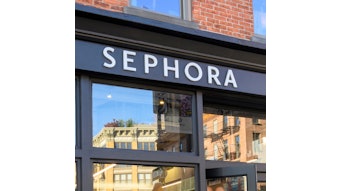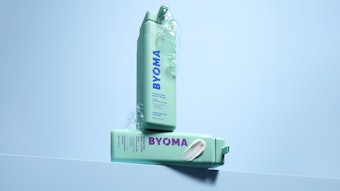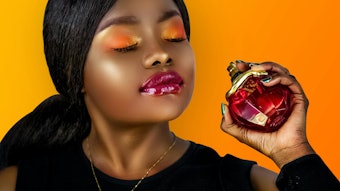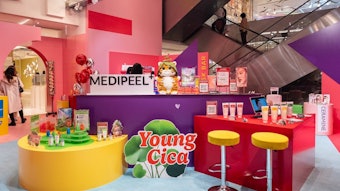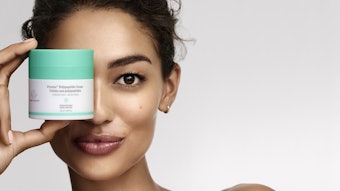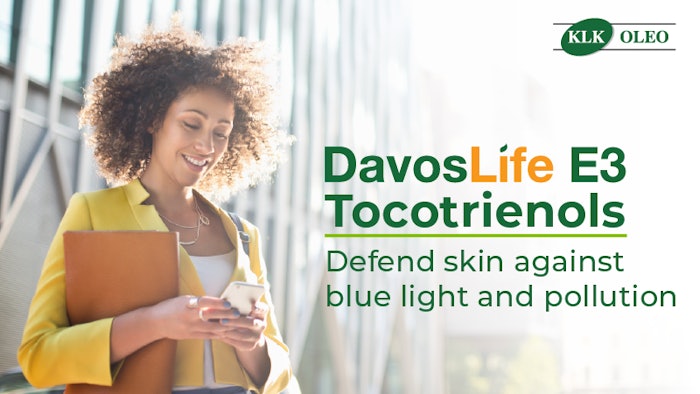
Our skin is constantly exposed to blue light from the digital devices that we use and pollution microparticles (PM2.5) that land on our face every day. Blue light and pollution exposure have very harmful impacts on the skin, which include increased oxidative stress and inflammation, and weakening of the skin barrier. Over time, this leads to premature ageing: dark spots, premature wrinkles, saggy skin, and less supple skin.
Tocotrienols are powerful bioactives that can counter the effects of urban pollution. Our published study showed that DavosLife E3 Tocotrienols:
- Inhibited PM2.5-induced ROS generation in human dermal fibroblast and HaCaT cells, and was more effective compared to alpha-tocopherol in this respect.
- Inhibited inflammation caused by PM2.5 exposure, a property not shared by alpha-Tocopherol.
- Tocotrienols could potentially restore skin barrier function, by increasing protein expression levels of filaggrin, involucrin and TGM-1, following exposure to PM2.5. Alpha-tocopherol does not share this property.
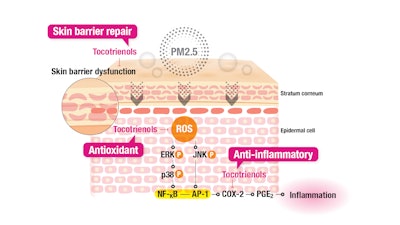
- Effectively suppressed the formation of reactive oxygen species and preserved the mitochondrial membrane potential.
- Reduced activation of the p38 mitogen-activated protein kinase molecule and downregulated the expression of cleaved caspase-3 (Anti-apoptotic properties).
- Modulated tyrosinase activity, resulting in a lowered rate of melanogenesis and reduced melanin production.
Alpha-Tocopherol did not protect skin cells against damages and pigmentation caused by blue light exposure.
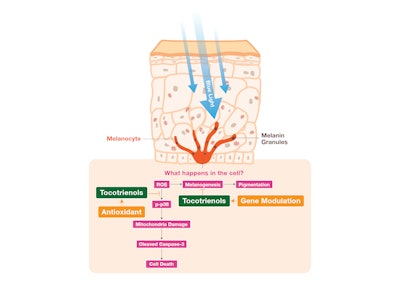
Find out more about DavosLife E3 Tocotrienols or meet us at in-cosmetics Korea and in-cosmetics Asia to learn more!
Disclaimer:
The above paid-for content was produced by and posted on behalf of the Sponsor. Content provided is generated solely by the Sponsor or its affiliates, and it is the Sponsor’s responsibility for the accuracy, completeness and validity of all information included. Global Cosmetic Industry takes steps to ensure that you will not confuse sponsored content with content produced by Global Cosmetic Industry and governed by its editorial policy.
